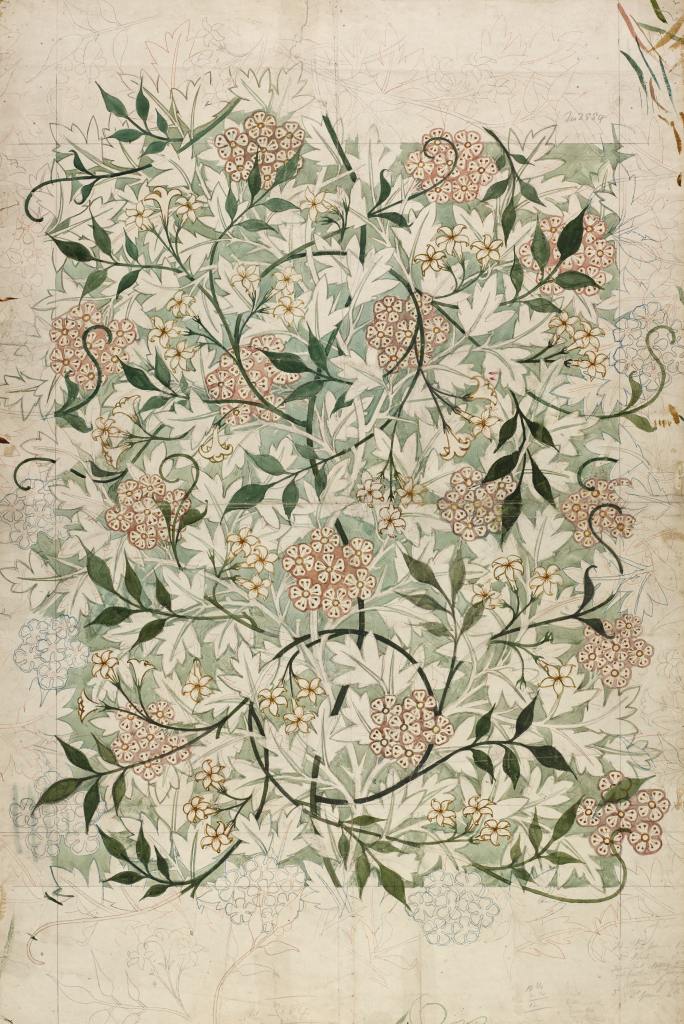
This is the first of forty-two weekly Shakespeare reads. Last week I listened to a BBC audio production The Two Gentlemen of Verona, plus a few commentary podcasts. I am using the fantastic Folger Shakespeare Library site for the reading text and additional literary criticism. In no way do I intend to present any groundbreaking scholarship, obviously – this is simply meant to enrich me as a lay reader, writer, and person, and perhaps amuse a reader or two who might tag along. I am every inch a lay reader in this endeavor.
My first crack at Shakespeare’s earliest play was a success, all the more delightful for me as an English speaker living in Italy. It employs some of his most durable tropes: confused love triangles and squares, women dressed as men to enter bars or travel afar in search of their absconded loves, and more. It’s a play that every student should read prior to embarking on study abroad, as the plot revolves around youthful love going out of sight, and therefore out of mind, and how latent bad behavior can quickly spiral out of control when abroad with Title IX and #metoo thrown in for good measure. Amusingly, almost none of the action takes place in Verona, but it’s where the two gentlemen are from. A more accurate title might be Unaccountable Misdeeds in Milan.
Basically, Valentine is a go-getter of a young man, who is sent to study abroad at court with the duke in Milan. In the opening scene, he begs his friend Proteus to join him on the program:
I rather would entreat thy company
To see the wonders of the world abroad
Than, living dully sluggardized at home,
Wear out thy youth with shapeless idleness. (Act 1, Sc. 1)
A linguist and a single gentleman, Valentine soon finds favor with Sylvia, the Duke’s daughter. Meanwhile, Valentine’s best friend, Proteus (whose character in the course of the play is indeed revealed to be quite base and protean), is a lazy embarrassment to his father, who soon contrives to place Proteus in the same study abroad program with Valentine in Milan. Even Pantino, his father’s servant boldly analyzes the situation for Proteus’s dad.
He wondered that your Lordship
Would suffer him to spend his youth at home
While other men, of slender reputation,
Put forth their sons to seek preferment out:
Some to the wars to try their fortune there,
Some to discover islands far away,
Some to the studious universities.
For any or for all these exercises
He said that Proteus your son was meet,
And did request me to importune you
To let him spend his time no more at home,
Which would be great impeachment to his age
In having known no travel in his youth. (Act I, Sc. 3)
But before Proteus travels, he convinces Julia to accept him, and they exchange rings.
Once in Milan, Proteus decides Sylvia is the one for him. (Julia? Who’s Julia?) Proteus rats out Valentine to Sylvia’s father the Duke, who immediately banishes Valentine from Milan for wooing his daughter without authorization, and quickly betroths Sylvia to Thurio, a gentleman in waiting with a great name. Proteus tries to win over Sylvia by giving her the ring Julia gave him. No luck.
Meanwhile, Julia disguises herself as a page and leaves Verona in search of Proteus. She crosses paths with Sylvia, who grills her about Proteus, showing her the ring Proteus gave her. O Proteus! How quickly dost thou forget! Of course Julia recognizes the ring. But she’s not giving up on Proteus.
Sylvia convinces an older courtier, Eglamour, to set out with her in search of Valentine. They are waylaid by highway robbers and, unbeknownst to Sylvia, their leader is none other than her love Valentine. Somehow, Proteus arrives just in time to save her from the ruffians, but when she once more rebuffs him, saying he has betrayed his own best friend Valentine, he retorts, In love, who respects friend? Proteus then attempts to rape Sylvia.
Valentine steps in to save Sylvia. The two men have a discussion about her as though she weren’t even there. Valentine tells Proteus that he values their friendship more than he loves Sylvia, and that Proteus is therefore welcome to Sylvia. Proteus says “No, really, you take her, Valentine.” Julia in her disguise reveals herself, and Proteus remembers how cute she is, so he’s fine going back to her. The original couples (Proteus + Julia / Valentine + Sylvia) are married. No one seems to mind that Proteus has demonstrated the personal ethics of a creature recently crawled from a well-heated primordial ocean, what with being struck by Sylvia, betraying her and Valentine’s love to her father the Duke, and then trying to rape Sylvia. He is basically a walking student misconduct nightmare who is in no way held accountable for his actions.
Aside from having to go back and look up Elizabethan coinages like allycholly and halidom, and the bare use of servants as foils to interrogate the thoughts of masters and mistresses (each of the four protagonists has a servant, of course), the play is chock-full of quotable nuggets.
Lucetta: To plead for love deserves more fee than hate. / Julia: Will you be gone? That you may ruminate.
Proteus’s father, on wanting him to go to Milan to study: Excuse it not, for I am peremptory. (I am going to start using this one at home.)
Sylvia on Thurio and Valentine: A fine volley of words, and quickly shot off.
Also, whoreson appears more than once, sometimes enriched, as in thou whoreson ass.
Love is like a child that longs for everything that he can come by.
I’ll tell you what Lance his man told me [about Valentine and Sylvia]: he loved her out of all nick.
Letters, both read and shredded, and chameleons make repeated appearances. Julia and Sylvia are smart but get little say, unless they are with their servants, which is an even more flinching socioeconomic commentary. My takeaway: neither Valentine nor Proteus deserve either Sylvia or Julia. Elizabethan gender politics were the worst. Also, why is Valentine so obsequious to Proteus? What else does Proteus have on Valentine? I feel cheated as a reader that Proteus slips out of his consequences and receives no just desserts.
Next week: The Taming of the Shrew, with which I am familiar through film (Ten Things I Hate About You, etc.), but I don’t think I’ve ever seen a straight production of the original. I’m tweaking my approach to: read first, then lit crit, then listen or watch. Last week I listened first and got lost quickly.




2 Responses
Sharp’s Tales from Shakespeare! Love it. You can do program notes if I ever direct one of the Bard’s plays.
I would love to be a fly on the wall the first time you use “peremptory” with Eleanor or Victor!